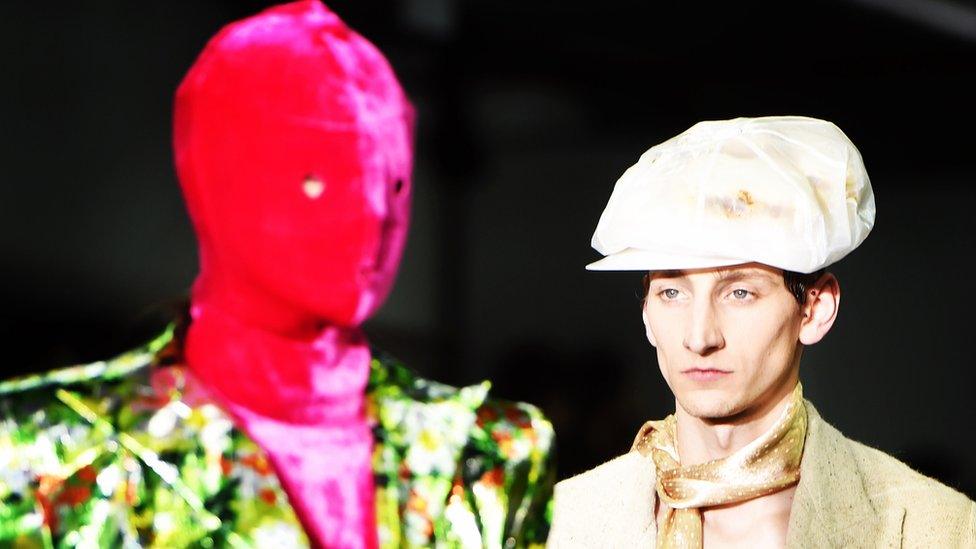How easy is it to make a living as a model?
- Published
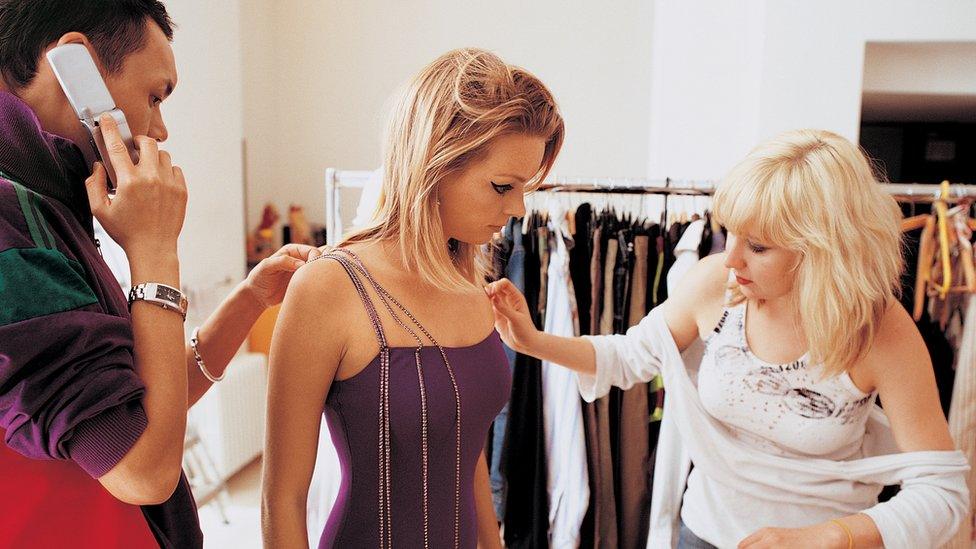
Modelling as a profession isn't all glamorous
Recently the lid has been lifted a little on an industry that already has a reputation for being tough on vulnerable young women.
Not only was it announced that five of the UK's top modelling agencies are being investigated for fixing prices but one of those agencies, FM London, has gone into liquidation with dozens of models potentially affected.
That's unlikely to break the stride of the industry's most high-profile models, the Cara Delevingnes and Kate Mosses of this world.
But there are thousands of young women and men working in the industry with a much lower profile and income. And questions are being raised over how well these jobbing models are being treated by the agencies who are supposed to represent their best interests.
We asked three London-based models what it is like trying to make a living in the industry.
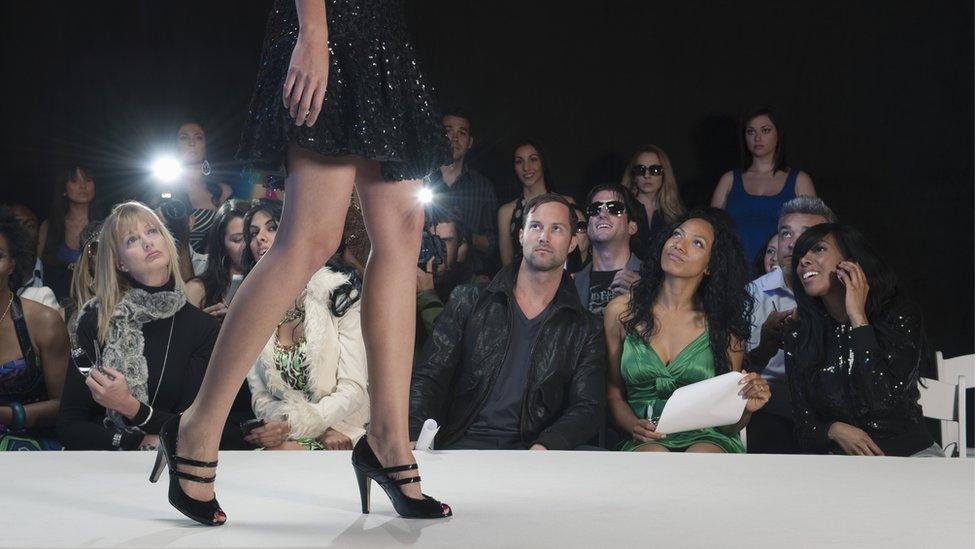
"Lauren" is 24 and has been modelling for five years. She doesn't want to give her real name as she fears her agency would offer her less work if she speaks out. She says pay rates have fallen in recent years.
All the first jobs I did were free. When you do a commercial job for a High Street brand or a big ad campaign they pay money, but editorials - everything you see in industry magazines - you don't get paid for those at all. It's an unwritten rule in the industry that you have to do them to get your profile up.
You've got quite a lot of girls who can't afford to live and are going to the agencies to ask for advances on money and are getting into debt. The bookers laugh at them for asking for handouts.
They try to discourage you from collecting your money and put you off asking for it.
When you get your money it comes with a statement and there are always unforeseen charges on the statement. It's never set out what they're charging you for and the more you've earned the more weird charges there are on your account.
Agencies pick and choose. If they don't like you that week then they won't put you forward for the job. I've been in the agency when they've actually said not to put certain girls in certain packages because the girls have been annoying them or they've been asking for money.
Some agencies are really good, they pay their girls every Friday, but in my agency we have to message our accountant every month to find out if any money has come in. Half the time they lie to us and say the money hasn't come in even if the client has told us they've already paid the invoice.
It's quite sad because when you join an agency you like to think it's like a family, but they're out to make a profit. You have to bear that in mind and not get sucked into the idea that they have your best interests at heart. They don't when it comes down to it.
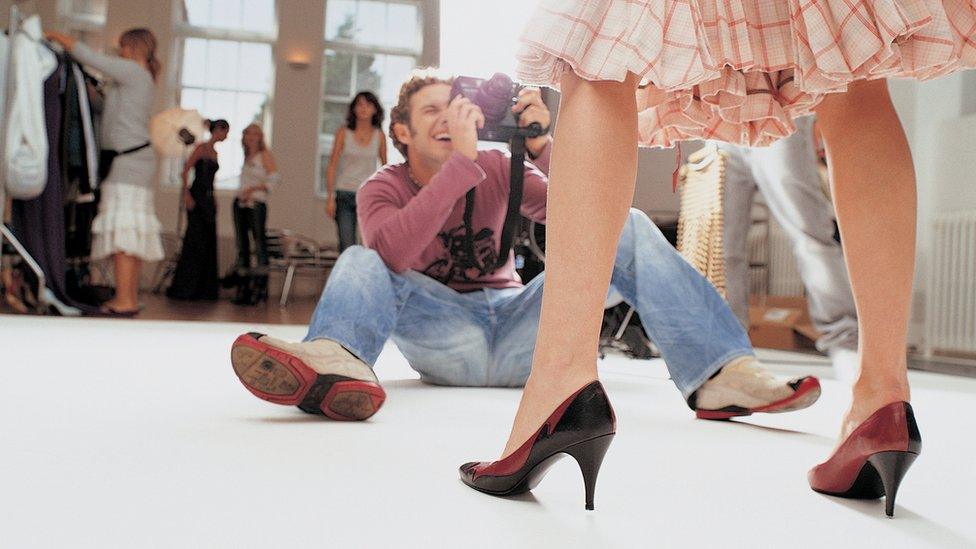
"Pippa" started modelling when she was 14 and living abroad. She went back to it aged 18 and back living in the UK, to help pay for her degree. She says the first agency she worked for treated her very badly.
Modelling is a really horrific industry to work in if you don't have anything else going for you.
There's constant pressure over weight control: it's a form of control and grooming.
I was 5'11" and size 8-10 and they told me I had to lose 3cm off my hips.
They phoned me up every day and asked me what I had eaten that day. I'd go in for a chat and they'd measure me and say you need to lose this much more weight.
They said I had to get a personal trainer, which was £100 for four sessions, and made me dye my hair. They said I had to go to the hairdresser they picked and it was £400. After three months they said, you've just got to lose two more centimetres [off your hips] and you can be on our main board in Paris.
They'd send me out for test shoots to men's apartments on my own and it was really unsafe. One time the man was really weird and kept trying to make me take my clothes off.
There was a casting for a lingerie company. My agent said, you have to do it. I said, I don't want to do that because if I'm on an ad spanking someone I won't get a professional job outside modelling. They pressured me. So I quit.
I was eight months with that agency and I didn't make any money.
"Pippa" says she worked for two further agencies where she wasn't happy, and earned around £10,000 a year. But she is now with an agency she is very happy with and is earning £800 a day and getting regular work.
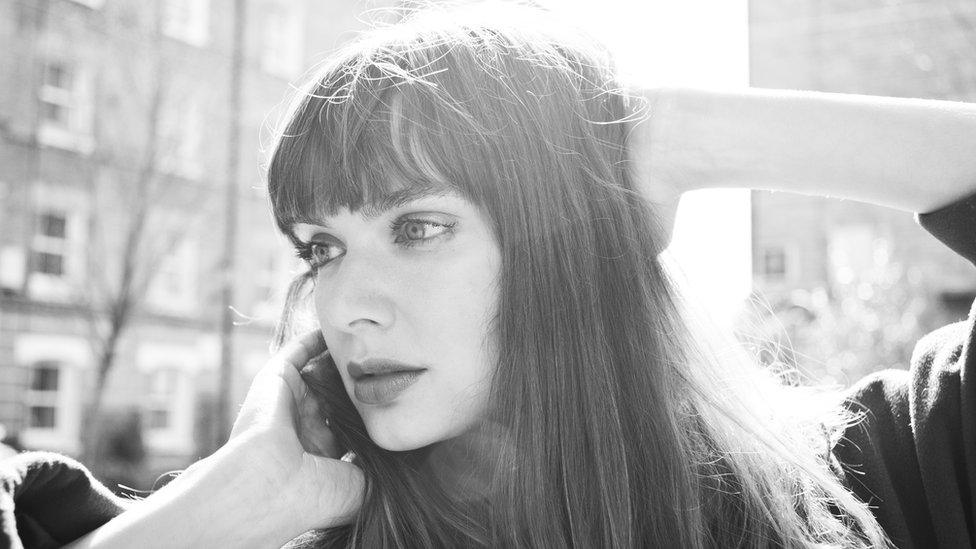
Rebecca Pearson thinks certain areas of the industry need better regulation
Rebecca Pearson is happy to give her real name because her experiences have been mostly positive, although earlier in her career she also encountered late payment. She has been modelling for more than a decade.
It can be a harsh industry full of rejection. But I'm really glad I modelled. It gave me a lot of confidence. It bought me a flat and put me through university.
But I'm glad I started when I did.
There were so many more clients, there was so much more money in advertising. The fees you could get for a commercial were huge.
I don't think regular working models now are getting the opportunities I had at that stage. I did campaigns for most of the shops on the High Street but now it's celebrities who do the High Street campaigns and magazine covers that we used to get.
I did a big campaign for New Look and was in all of their shops. It must have totalled around £35,000 over about seven years. Now I'd say most regular models are getting paid less and less for more and more work.
You're expected to do longer hours and do the whole social media thing. If you have fewer than 10,000 followers on Instagram you'll lose the job to someone with more followers, as they can give the brand a broader advertising reach.
There are so many new agencies and so many more models than there used to be, many agencies get undercut by smaller ones and there's always someone who'll do it for less.
There is a groundswell of people speaking up from within the industry. People have been reluctant to before because they didn't want to be seen as a moaner, it can lose you work.
And as for those outside the industry, they say, ugh, she's being a princess. They assume we're all Linda Evangelistas not getting out of bed for less than $10,000, but that couldn't be further from the truth.
The average is probably around £20,000 to £30,000 per annum. We're not moaning, we're just calling for regulation in certain areas, especially because many models are so young.
No-one from the industry's trade body, the Association for Modelling Agencies, was available for comment, but the code of practice, external on its website says that agents should manage each model's career to the maximum potential and safeguard the health and well-being of the models they represent.
- Published25 May 2016

- Published23 May 2016
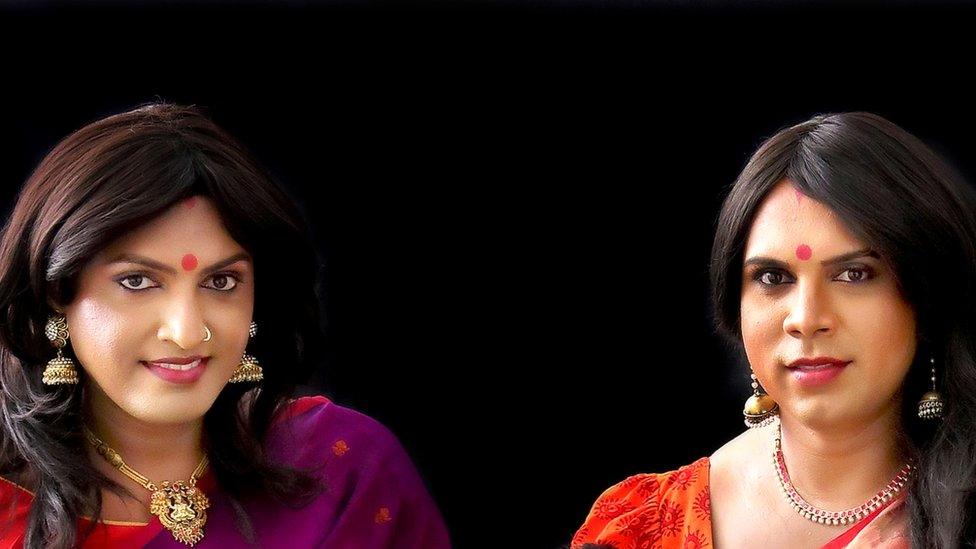
- Published20 February 2016
